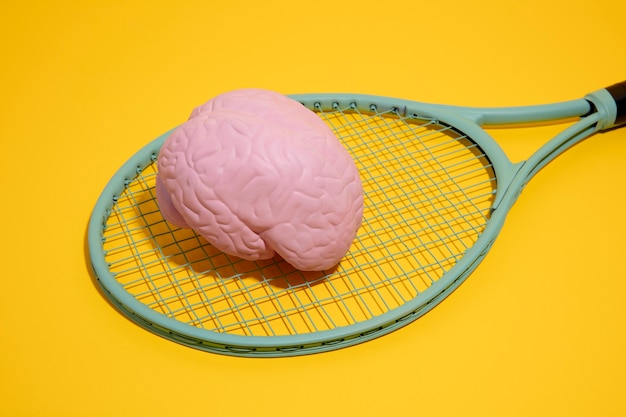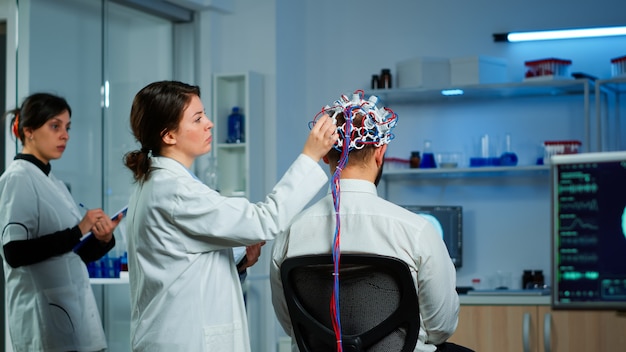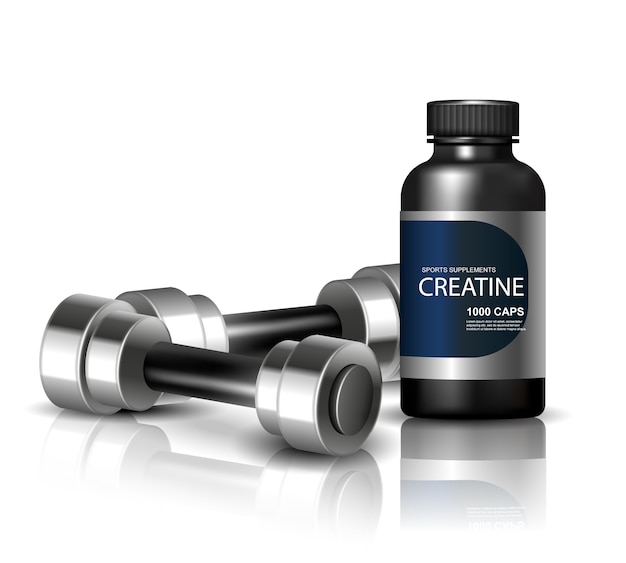A groundbreaking study from Harvard University is shedding new light on a surprising candidate in the fight against Alzheimer’s disease: lithium. Best known for its role in rechargeable batteries and as a treatment for bipolar disorder, lithium is now emerging as a potential neuroprotective agent that could help prevent the onset of one of the most devastating forms of dementia.
The research suggests that naturally low levels of lithium in the environment and diet may be linked to an increased risk of Alzheimer’s. Specifically, insufficient lithium appears to contribute to the accumulation of toxic proteins—such as amyloid-beta and tau—that are hallmarks of the disease and strongly associated with memory loss and cognitive decline.
Lithium is a naturally occurring mineral found in soil, water, and some foods. While it is used in high doses as a psychiatric medication, the Harvard study focuses on trace amounts—levels so low they don’t produce pharmacological effects but may still influence brain function over time.
Researchers analyzed epidemiological data and conducted preclinical studies to explore how varying lithium concentrations affect brain chemistry. They found that even minimal, consistent exposure to lithium could inhibit the activity of an enzyme called glycogen synthase kinase-3 (GSK-3), which plays a key role in the development of Alzheimer’s pathology.
By suppressing GSK-3, lithium may reduce the formation of amyloid plaques and neurofibrillary tangles—two destructive features that disrupt communication between neurons and lead to cell death in Alzheimer’s patients.

One of the most compelling aspects of the study is its focus on environmental lithium exposure. Communities with higher levels of lithium in their drinking water have, over decades, shown lower rates of dementia and cognitive impairment. These observational findings, now supported by Harvard’s mechanistic research, suggest that long-term, low-dose lithium may offer a preventive benefit.
The researchers caution that this doesn’t mean people should start supplementing with lithium on their own. High doses can lead to side effects such as kidney dysfunction, thyroid issues, and tremors. Instead, the findings point toward the potential for public health strategies—such as adjusting lithium levels in water supplies or developing safe, low-dose formulations for at-risk populations.
Alzheimer’s disease affects over 55 million people worldwide, and with aging populations, that number is expected to rise. Current treatments focus on managing symptoms rather than halting disease progression. The Harvard research opens the door to a new paradigm: prevention through subtle, long-term modulation of brain chemistry.
Scientists are now exploring whether lithium, or lithium-inspired compounds, could be integrated into early intervention strategies. Clinical trials are being planned to test the effects of micro-dosed lithium in older adults showing early signs of cognitive decline.
Additionally, researchers are investigating how lithium interacts with other protective factors, such as diet, exercise, and sleep. The goal is to develop comprehensive brain health protocols that combine lifestyle changes with targeted nutritional support.

If future studies confirm these findings, public health officials may reconsider how trace minerals like lithium are monitored and managed. Some experts suggest that lithium could join other essential nutrients—like iodine or fluoride—that are added to water supplies to support population-wide health.
However, such measures would require rigorous safety testing and broad societal consensus. Ethical considerations, including individual choice and long-term monitoring, would need to be addressed before any large-scale implementation.
While it’s too early to recommend lithium supplements for brain health, the Harvard study underscores the importance of understanding how everyday environmental factors influence neurological aging. It also highlights the potential of repurposing well-known minerals for new medical applications.
As research continues, one thing is clear: the path to preventing Alzheimer’s may not come from a single breakthrough drug, but from a combination of subtle, sustained interventions that support the brain over a lifetime.
Stay informed about the latest developments in brain health and neurodegenerative disease prevention as science continues to uncover nature’s hidden protectors.

Health

Health

Health

Health

Health

Health

Health

Health

Health

Health

Health

Wellness

Health

Fitness

Health

Health